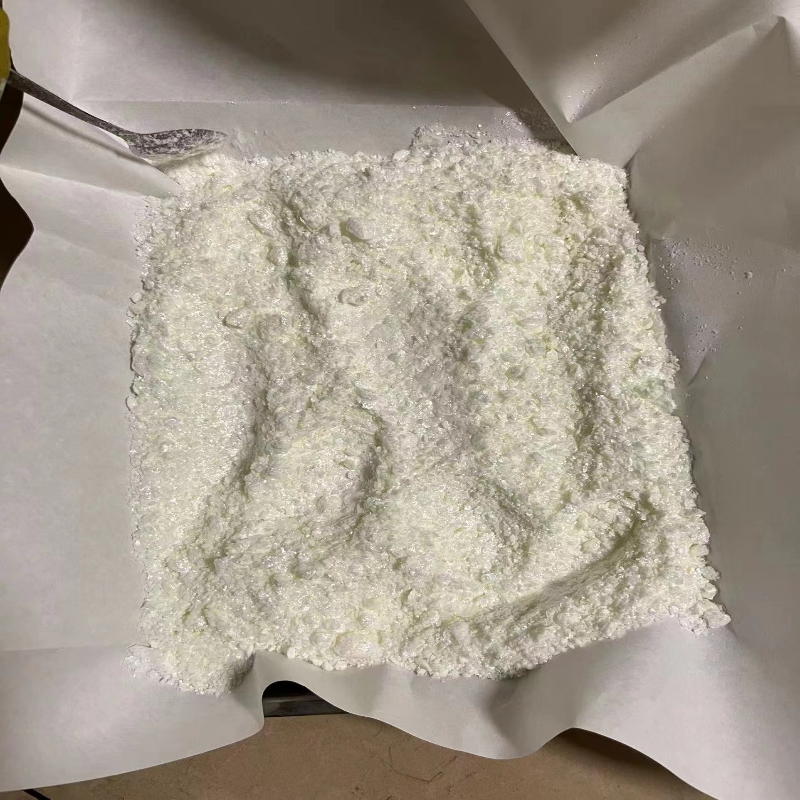-
Categories
-
Pharmaceutical Intermediates
-
Active Pharmaceutical Ingredients
-
Food Additives
- Industrial Coatings
- Agrochemicals
- Dyes and Pigments
- Surfactant
- Flavors and Fragrances
- Chemical Reagents
- Catalyst and Auxiliary
- Natural Products
- Inorganic Chemistry
-
Organic Chemistry
-
Biochemical Engineering
- Analytical Chemistry
-
Cosmetic Ingredient
- Water Treatment Chemical
-
Pharmaceutical Intermediates
Promotion
ECHEMI Mall
Wholesale
Weekly Price
Exhibition
News
-
Trade Service
Since the Coca-Cola Company announced in October last year that it will gradually produce 100% rPET bottles in the Netherlands, Norway, Sweden and other places, recently, Coca-Cola has continued to expand its sustainable layout in Europe, promoting the production and application of rPET bottles in Italy and Germany
.
150 million 100% rPET bottles on the Italian market
Coca-Cola has introduced the first 100% recycled plastic (rPET) bottle to the Italian market
.
The new 100% rPET bottles will be used not only in Coca-Cola products, but also in other brands in the company's product range, such as Fanta, Sprite and FuzeTea, totaling up to 150 million bottles
.
The packaging is expected to be made entirely of recycled plastic by the end of 2021, with the use of rPET tripling compared to last year
.
“We are no longer limited to bottles with 50% recycled content, reducing raw material usage considerably
.
Today we are proud to be the first soft drink company to market entirely in rPET bottles,” said Cristina Camilli, Director of Public Relations, Coca-Cola Italia, “ Our packaging is already 100% recyclable
.
”
Coca-Cola Germany achieves target early: 70% return
Coca-Cola announced in Germany that PET bottles under the brands ViO, Fuze Tea and Powerade will be fully converted to rPET
.
For other brands, the 0.
5-liter, 1.
5-liter and 2.
0-liter bottles will all be made entirely of rPET
.
This means that Coca-Cola's rPET bottles have achieved a return rate of about 70% this year
.
Tilmann Rothhammer, managing director of customer service and supply chain at Coca-Cola Germany, said: “Packaging in this country accounts for around 27% of our carbon footprint.
.
By reusing materials, it is expected to save about 32,000 tons of PET virgin material this year and reduce carbon dioxide emissions by about 57,000 tons
.
Coca-Cola previously set a goal in Germany to achieve 50% rPET recyclable bottles by 2023.
Currently, this goal is achieved two years earlier than the original plan, reaching a 70% recycling rate
.
Coca-Cola said this year it would spend more than 15 million euros on sourcing recycled material, which is significantly more expensive than virgin
.
Additionally, Coca-Cola intends to invest in innovative recycling technologies, such as that of CuRe Technology, as there are not yet sufficient quantities of high-quality food-grade rPET to satisfy all PET bottles
.
"Mechanical recycling is still our mainstream,"
said Lucinda Langton, director of sustainable packaging at Coca-Cola Europacific Partners, in an interview with foreign media recently.
Moving towards 100% rPET is more important than a recycling solution
.
Today, mechanical recycling technology allows PET to be recycled a limited number of times
.
Studies have shown that PET can be mechanically recycled up to 5-7 times before losing the hardness required for beverage bottles and relegated to non-bottling uses
.
Coca-Cola is displacing the demand for petroleum-based PET by using either primary recycled PET or PET from renewable sources
.
Depolymerization technology is currently being developed to turn rPET into a base material, which can then be "polymerized" to create high-quality PET material with properties similar to the raw material
.
While the technology is still in its infancy, Coca-Cola has been supporting the development and application of these depolymerization recycling technologies by funding startups such as CuRe and Ioniqa
.
"Due to continuous technological advancement, it is expected that 70%-80% of rPET in the future will come from mechanical recycling; 20%-30% of PET with 'original quality' will come from depolymerization technology or renewable resources," Lucinda Langton added, "but we The guiding principle is that mechanical recycling continues to be the main way to recycle material for our bottles, as it is less carbon dense than depolymerization recycling
.
”
150 million 100% rPET bottles on the Italian market
Coca-Cola Germany achieves its goal ahead of schedule: 70% recycled material
"Mechanical recycling is still our mainstream"







